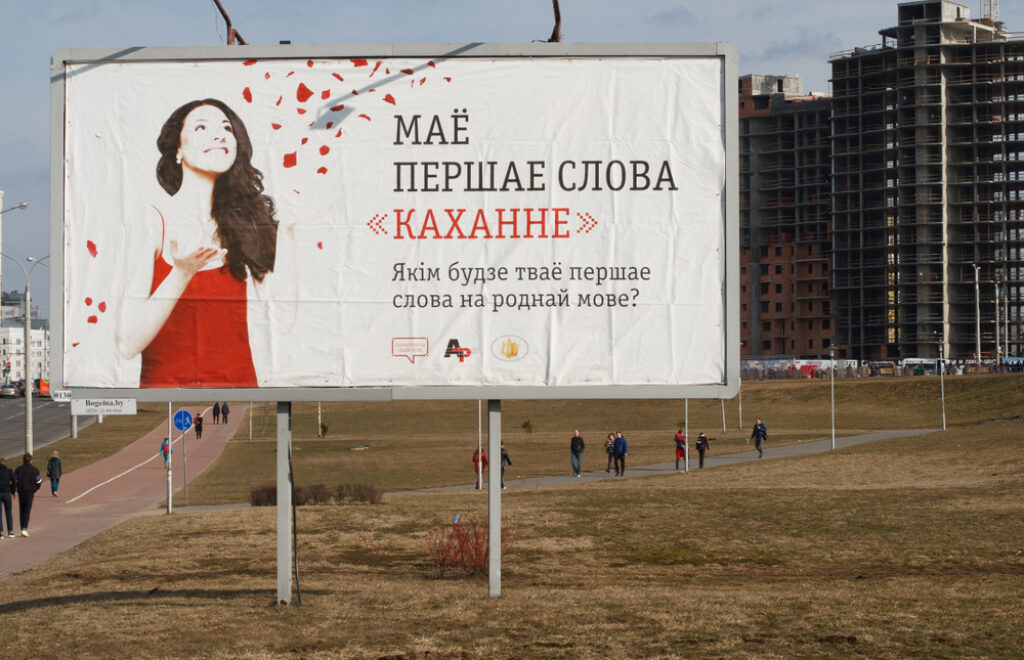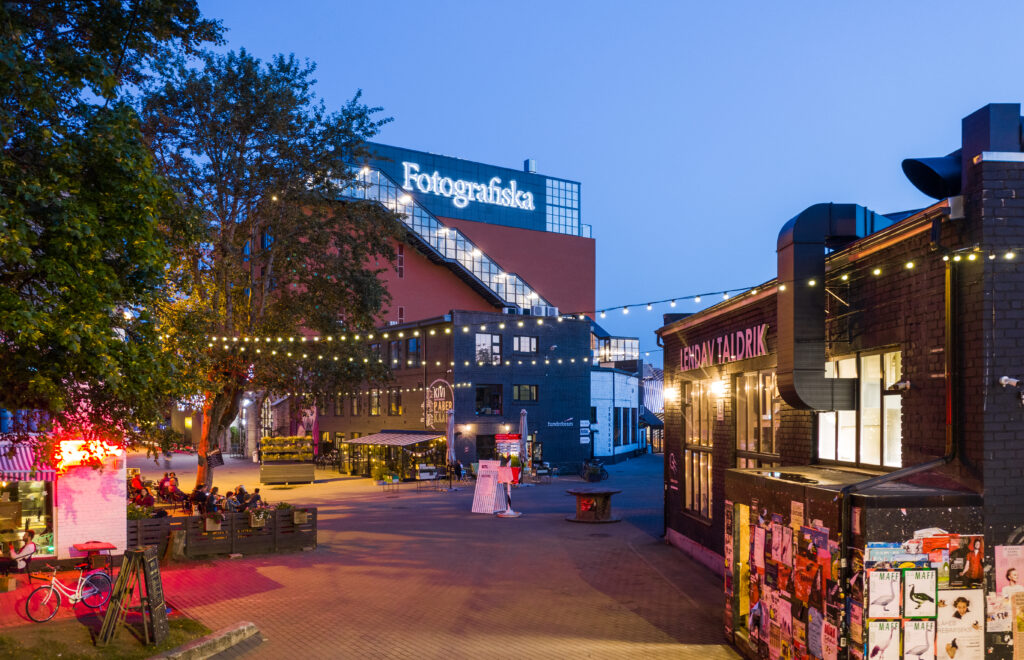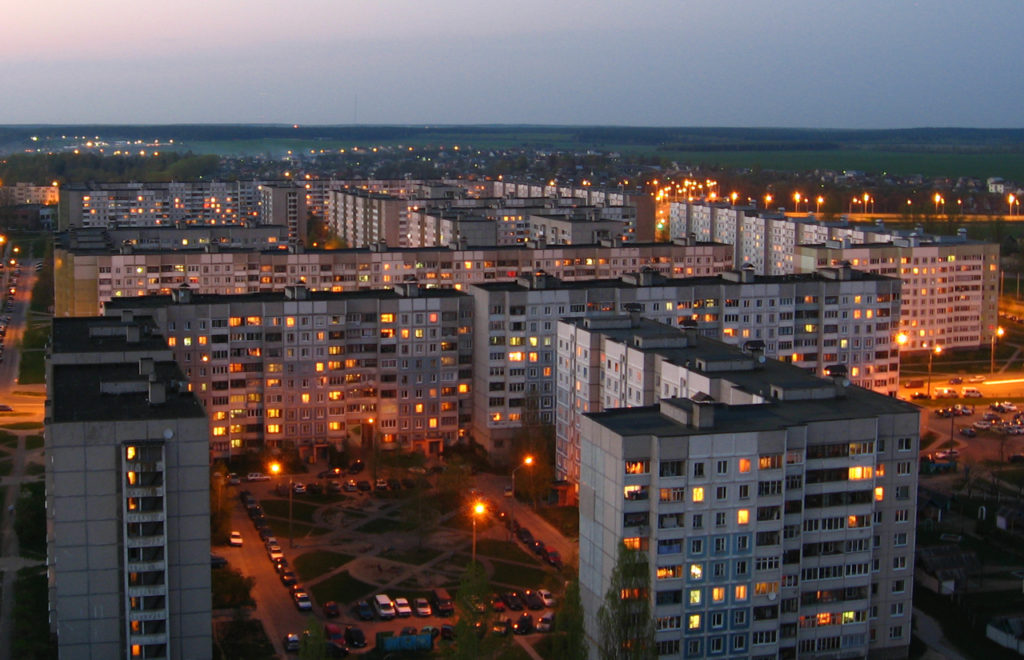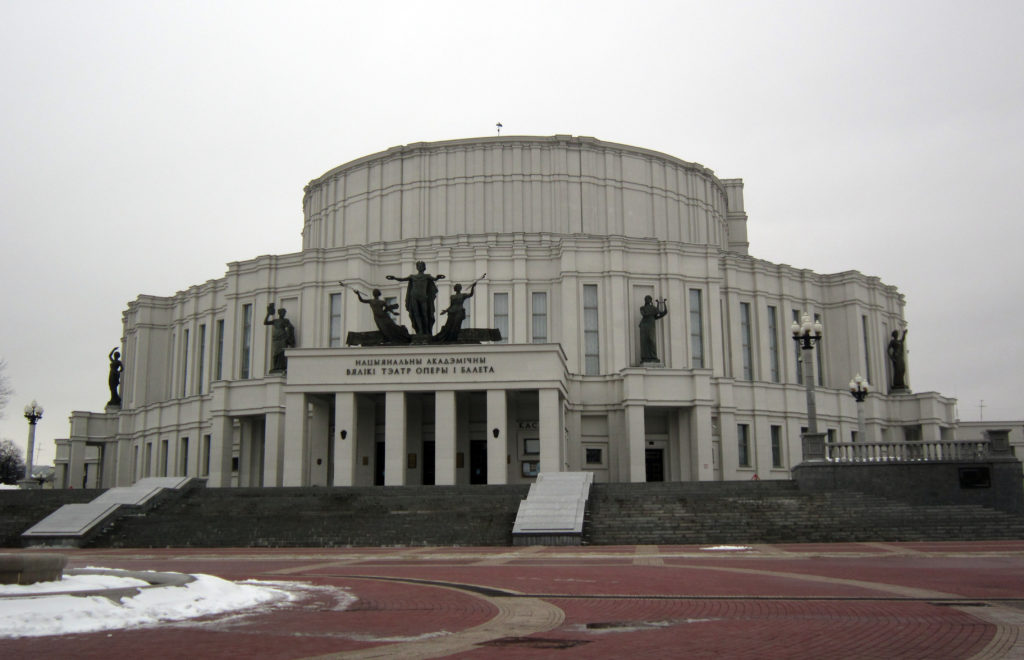Belarusian language and culture: is the patient more alive than dead?
The consistent and managed destruction of the Belarusian language and culture has become one of the hallmarks of Alyaksandr Lukashenka's rule and a distinctive feature of his regime’s activities since 1996 (together with the increase in Russian influence). As a result, in today’s Belarus, people who use the Belarusian language in their everyday life are discriminated against, while representatives of the Belarusian culture are persecuted. Belarusian citizens can be arrested for displaying their Belarusian identity in the streets of Minsk even when they speak Belarusian while offering guided tours, or wear socks with white-red-white stripes.
December 7, 2022 - Katarzyna Bieliakowa






































